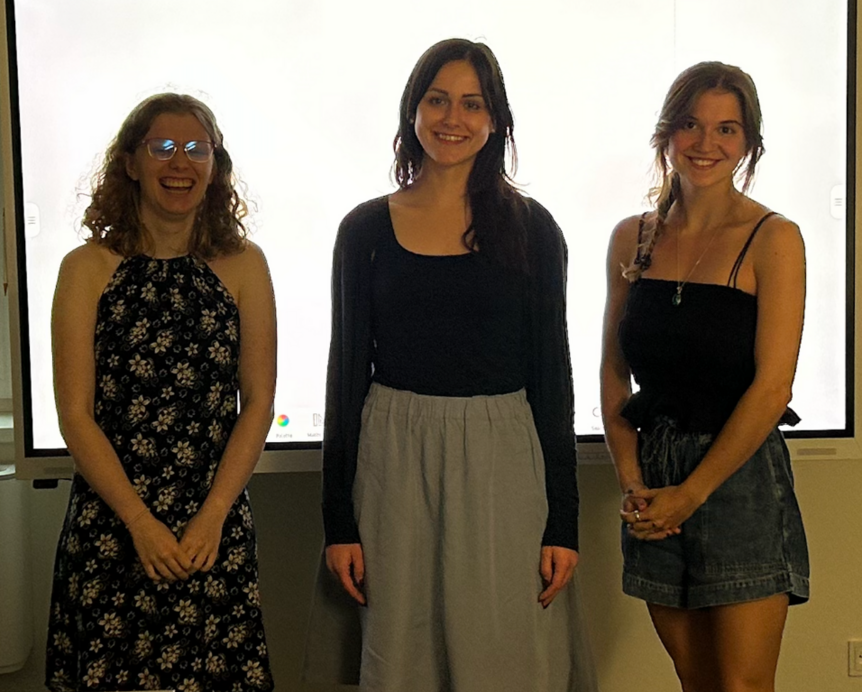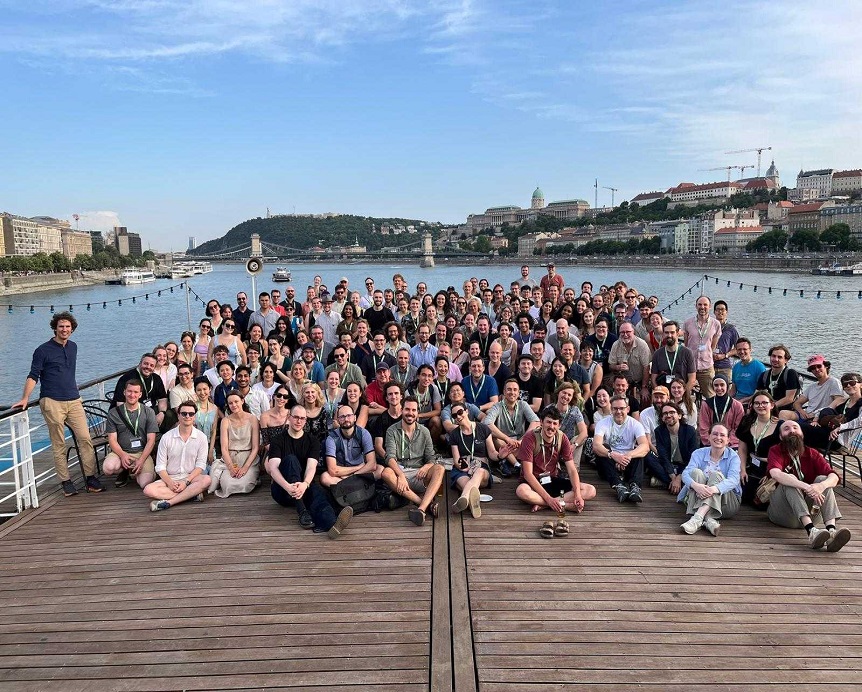News
Summary of the Project
Problems in interpersonal relationships are a key feature of borderline personality disorder (BPD). Specifically, individuals with BPD struggle to tease apart their feelings, thoughts, beliefs, and desires from the mental states of others.
During social interaction, individuals are prone to automatically mirror the bodily posture of their counterparts and reflect their thoughts, beliefs and emotions, with the goal to better understand what another person is feeling or thinking. Yet, humans also have the complementary ability to disentangle self- from other-related mental representations, a process called self-other distinction (SOD).
The current research proposal combines multicenter experimental and diary studies with a brain-imaging approach in order to develop a more comprehensive understanding of the roots of the typical problems with SOD distinction in BPD. We will investigate the role of (interpersonal) stress in BPD patients' difficulties with SOD, both in the lab and in everyday life.
On the neural level, we will investigate both functional and structural differences between BPD patients and healthy controls, such as whether we can find group differences in their brain structure and neural activations during tasks involving SOD.
The combined evidence from different studies in this project will be used to refine theoretical models of self-other distinction in order to optimize treatment for these individuals.









